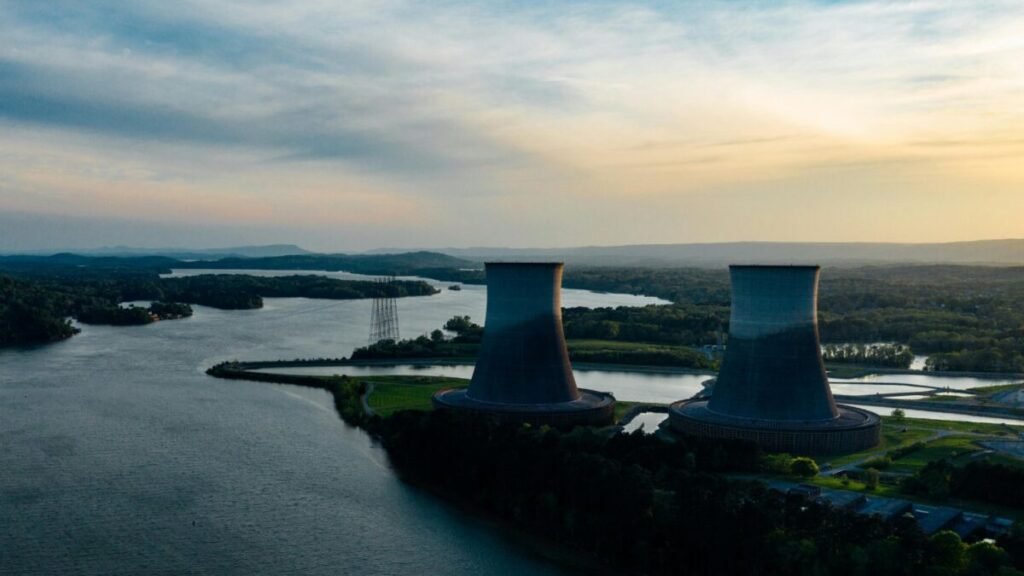Spain unsure about its nuclear blackout: the battle for the power plants has only just begun

The calendar for the gradual closure of Spanish nuclear power plants seemed defined. However, in recent weeks, pressure from utilities, energy market fluctuations, and the European context have brought the debate back to the forefront. The Government remains firm, but negotiations – although not formal – seem inevitable. The Almaraz plant marks the first turning point in a game that is just beginning.
## An exchange that reopens the game
A letter sent by Iberdrola and Endesa requested reopening the debate on the nuclear closure schedule, planned between 2027 and 2035. According to the companies, extending the lifespan of certain plants would reduce electricity costs for consumers. The Ministry for the Ecological Transition responded by leaving the door ajar, but setting three non-negotiable conditions: no extra costs for citizens, guarantee of supply, and compliance with all standards.
Although it is not yet a formal negotiation, the gesture was enough to set off political and media alarms. Naturgy and EDP did not sign the letter, leaving the two major utilities alone in this crusade for nuclear continuity.

## Almaraz as a thermometer of conflict
The Almaraz plant in Cáceres is shaping up to be the first battlefield. Its first reactor should close in 2027, the second in 2028. But its owners have not yet agreed on the necessary investments. The key meeting scheduled for June was postponed, and everything indicates that there will be no movements until September when a renewed proposal could be presented.
Endesa has already hinted at negotiating a tax reduction, especially in regional fees and dismantling costs managed by Enresa. The Government, however, rejects this: any tax reduction that impacts citizens is outside the acceptable framework.

## The Congress, Europe, and shadows of the future
The Popular Party is preparing a bill to extend the lifespan of the nuclear park, with the support of several. Even formations like Junts or ERC could show flexibility, adding parliamentary pressure to the Government. But Pedro Sánchez already settled in May: if utilities want to continue operating, they should pay for it themselves.
Meanwhile, Europe sends conflicting signals: nuclear energy is not considered renewable under current legislation, but it is part of the “green taxonomy” since 2022, allowing it to be financed as sustainable.
## Renewables, tension, and uncertainty
The Ministry has strengthened its commitment to a 100% renewable system with a new Royal Decree that enhances storage and electrification. It does not mention nuclear energy, but it is clear where Spanish energy is headed.
For now, the situation can be summed up in a tense wait. Summer will bring heat… and key decisions. Almaraz could mark the beginning of an extension that no one dares to confirm yet, but many are already negotiating between the lines.






